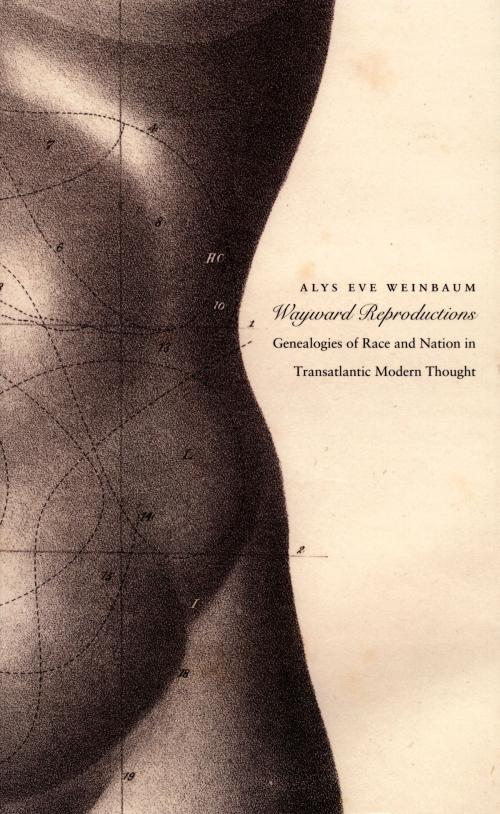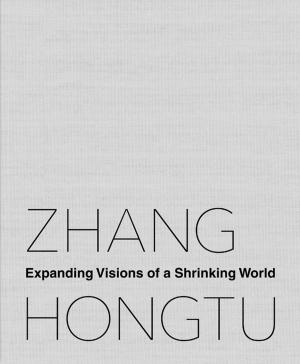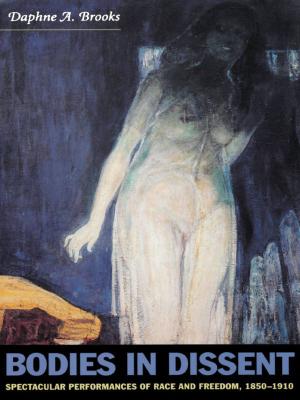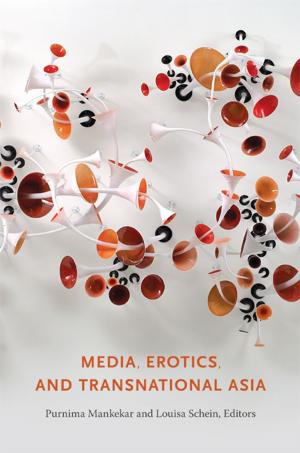Wayward Reproductions
Genealogies of Race and Nation in Transatlantic Modern Thought
Nonfiction, Social & Cultural Studies, Social Science, Gender Studies, Women&, Anthropology| Author: | Inderpal Grewal, Caren Kaplan, Robyn Wiegman, Alys Eve Weinbaum | ISBN: | 9780822385820 |
| Publisher: | Duke University Press | Publication: | June 23, 2004 |
| Imprint: | Duke University Press Books | Language: | English |
| Author: | Inderpal Grewal, Caren Kaplan, Robyn Wiegman, Alys Eve Weinbaum |
| ISBN: | 9780822385820 |
| Publisher: | Duke University Press |
| Publication: | June 23, 2004 |
| Imprint: | Duke University Press Books |
| Language: | English |
Wayward Reproductions breaks apart and transfigures prevailing understandings of the interconnection among ideologies of racism, nationalism, and imperialism. Alys Eve Weinbaum demonstrates how these ideologies were founded in large part on what she calls “the race/reproduction bind”––the notion that race is something that is biologically reproduced. In revealing the centrality of ideas about women’s reproductive capacity to modernity’s intellectual foundations, Weinbaum highlights the role that these ideas have played in naturalizing oppression. She argues that attention to how the race/reproduction bind is perpetuated across national and disciplinary boundaries is a necessary part of efforts to combat racism.
Gracefully traversing a wide range of discourses––including literature, evolutionary theory, early anthropology, Marxism, feminism, and psychoanalysis––Weinbaum traces a genealogy of the race/reproduction bind within key intellectual formations of the late nineteenth and twentieth centuries. She examines two major theorists of genealogical thinking—Friedrich Nietzsche and Michel Foucault—and unearths the unacknowledged ways their formulations link race and reproduction. She explores notions of kinship and the replication of racial difference that run through Charlotte Perkins Gilman’s work; Marxist thinking based on Friedrich Engel’s The Origin of the Family; Charles Darwin’s theory of sexual selection; and Sigmund Freud’s early studies on hysteria. She also describes W. E. B. Du Bois’s efforts to transcend ideas about the reproduction of race that underwrite citizenship and belonging within the United States. In a coda, Weinbaum brings the foregoing analysis to bear on recent genomic and biotechnological innovations.
Wayward Reproductions breaks apart and transfigures prevailing understandings of the interconnection among ideologies of racism, nationalism, and imperialism. Alys Eve Weinbaum demonstrates how these ideologies were founded in large part on what she calls “the race/reproduction bind”––the notion that race is something that is biologically reproduced. In revealing the centrality of ideas about women’s reproductive capacity to modernity’s intellectual foundations, Weinbaum highlights the role that these ideas have played in naturalizing oppression. She argues that attention to how the race/reproduction bind is perpetuated across national and disciplinary boundaries is a necessary part of efforts to combat racism.
Gracefully traversing a wide range of discourses––including literature, evolutionary theory, early anthropology, Marxism, feminism, and psychoanalysis––Weinbaum traces a genealogy of the race/reproduction bind within key intellectual formations of the late nineteenth and twentieth centuries. She examines two major theorists of genealogical thinking—Friedrich Nietzsche and Michel Foucault—and unearths the unacknowledged ways their formulations link race and reproduction. She explores notions of kinship and the replication of racial difference that run through Charlotte Perkins Gilman’s work; Marxist thinking based on Friedrich Engel’s The Origin of the Family; Charles Darwin’s theory of sexual selection; and Sigmund Freud’s early studies on hysteria. She also describes W. E. B. Du Bois’s efforts to transcend ideas about the reproduction of race that underwrite citizenship and belonging within the United States. In a coda, Weinbaum brings the foregoing analysis to bear on recent genomic and biotechnological innovations.















